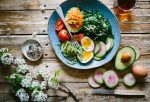We’ve all been there. Exams approaching and we start to get desperate, thinking,“How on earth am I going to fit all of the semester’s lectures in my brain in just a few days?”
Lecture notes, Netflix breaks, heavy textbooks and six funky coloured highlighters sure help. But have you thought about the impact certain foods have on your studying habits?
It turns out brain food is a real thing.
By eating certain things, you’ll be able to concentrate more, have more energy, ace more exams, write better essays and slay more presentations.
Personally, I trust anyone with a bunch of fancy letters after their name. So when I came across Kyle Byron, BSc, BA, Pn2, CPT, also known as the Toronto Nutritionist on YouTube, I knew he would be the right person to spit hot knowledge on these nutrition facts.
After talking with him and learning a bit more about the relationship between nutrition and the brain, I put together a list of foods that can help you study:
Water

I know water is not a “food,” but believe it or not it plays a much more important role in studying than that can of Red Bull sitting on your desk. Good hydration is key, and a hydrated body equals lots of energy. Drinking enough water will improve your focus and energy, as well as keep your organs healthy and strong to be able to pull those all-nighters. A study by the University of Connecticut’s Human Performance lab showed that mild dehydration causes a lack of energy, changes in your mood and triggers headaches. Quench that thirst!
Fish
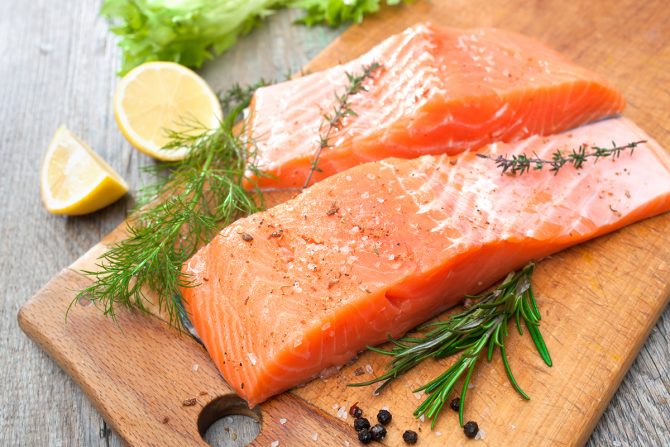
Remember when our little friend Sebastian sang about life being better “Under the Sea?'” (what about life ON the sea, on a boat, in the Caribbean… okay, I’m officially daydreaming and getting off track here). Back to business. Fish is high in Omega-3, an essential fatty acid that helps your brain concentrate, your transmitters communicate better and keeps your nerves in check. It also helps improve your mood and prevent depression. Sushi, come at me! (Sorry Sebastian!)
Avocado
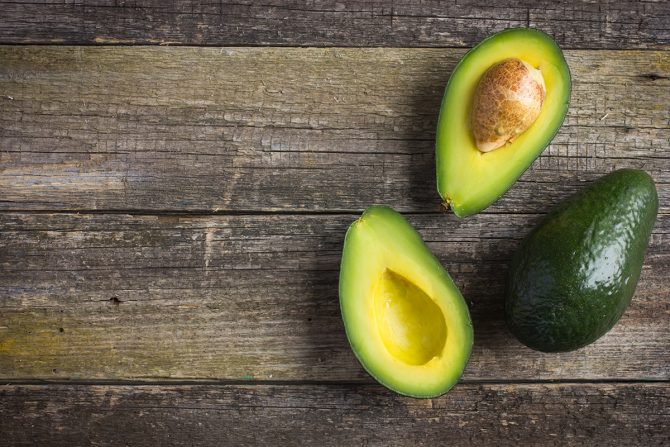
Yes, that’s right. Avocado. Millennials’ favourite vegetable (plot twist: it’s actually a fruit), is not only delicious and great on toast, but also a great source of monounsaturated oleic acid, which reduces cholesterol, improves blood flow and keeps your brain oxygenated. We were already paying for that extra guac anyway.
Blueberries
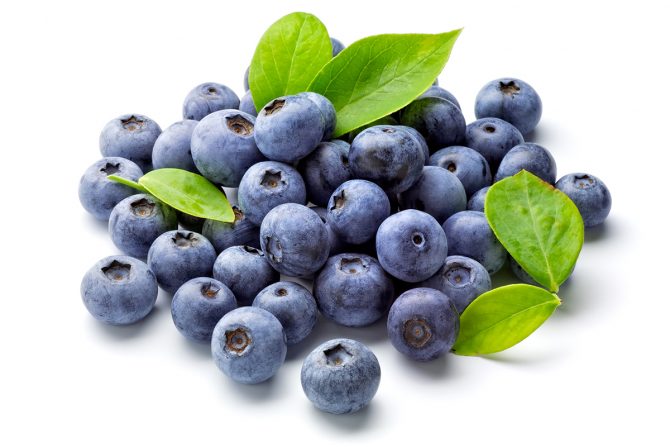
They may be small, but they’re powerful! One of the many proven benefits of blueberries is that they actually help improve your memory. They even boost your concentration for five hours as they are rich in antioxidants. Did I mention they’re a great snack? In this case, having the blues is a good thing.
Chocolate
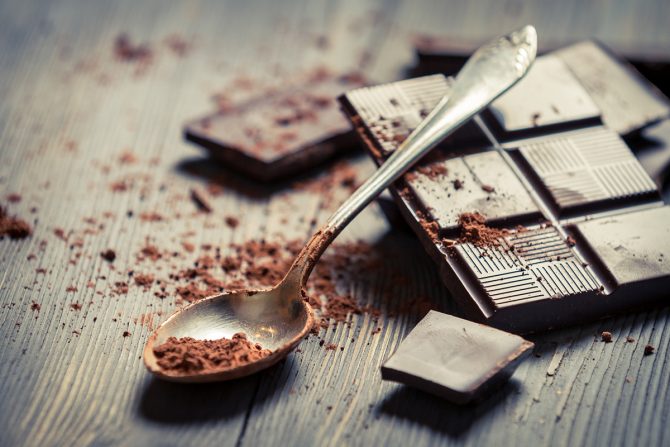
Ladies and gentlemen, I’m proud to tell you that this is not a myth! A Snickers bar might not be your best choice, but eating dark chocolate (the darker, the better!) can heighten your focus and creativity as it contains a small dose of caffeine. And that’s not all; you can also find fibre, minerals, and antioxidants in this delicious treat. Who would’ve thought?
Become a studying samurai with these PRO TIPS:
Use coffee as your last resource
Even though coffee might seem like a great option when you want that energy boost, it can actually be counteractive. Kyle tells us “caffeine takes energy away from the future. So, if your exam is in two days and you get all jacked up on caffeine, even though you might get 24 hours of studying, you will be exhausted after and might even sleep through your alarm and miss your exam.” Instead, try a cup of tea or a can of Diet Coke, and experiment with caffeine gradually.
Diets + Exams = Bad Idea
If you’re not used to a low-carb diet, don’t start one right around the time you’re going to study a lot. Your body needs time to adjust to new eating habits. Listen to your body, and don’t push too far!
Small Changes, Big Results
By making small changes in your diet and incorporating some of the foods we mentioned, you will immediately see an increase in energy and performance. Try to have vegetables and protein in every meal, and you will feel the difference. You are what you eat after all.
*Opinions expressed are those of the author, and not necessarily those of Student Life Network or their partners.

 Sponsored
Sponsored